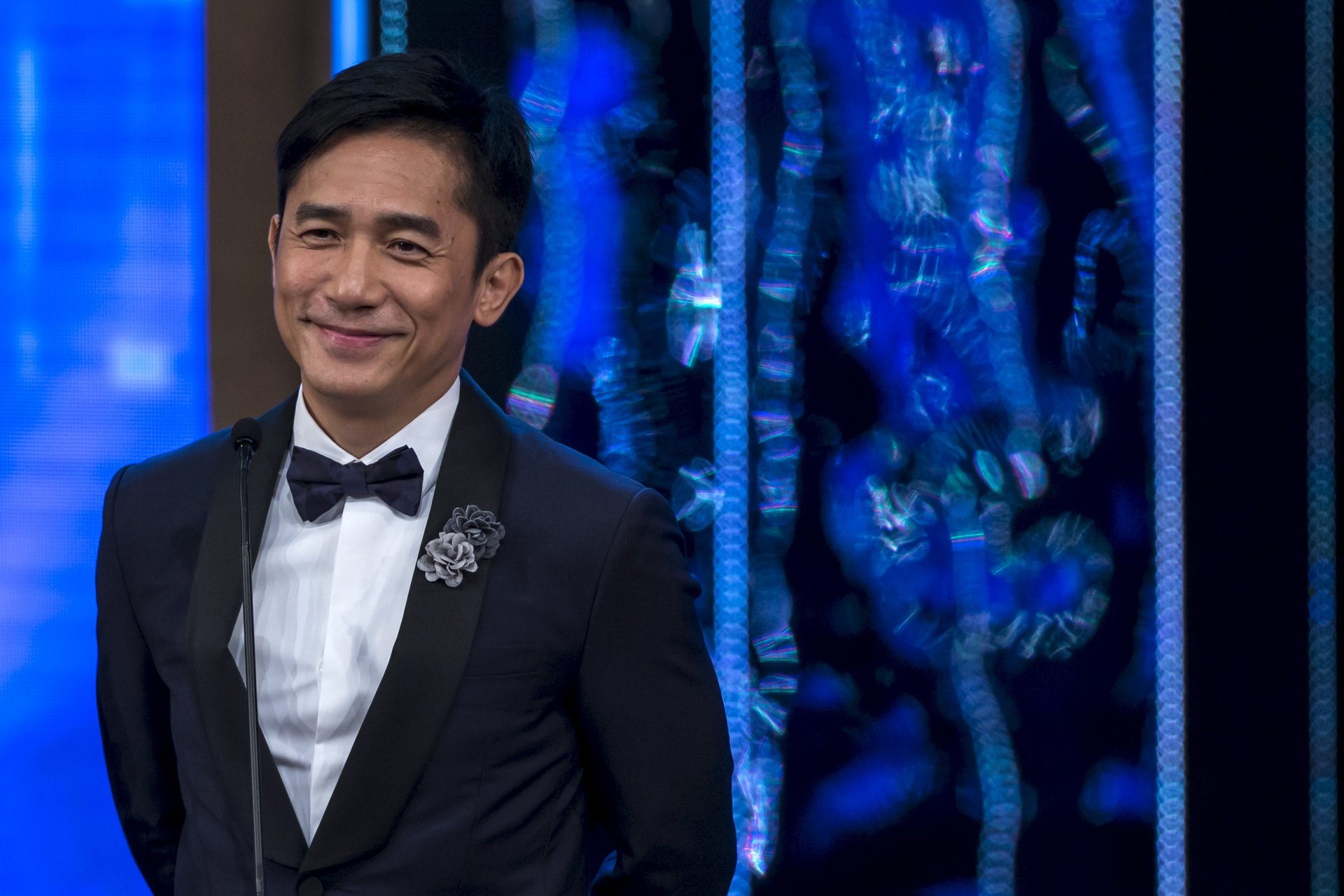Why China is angry about Marvel’s first Asian superhero movie
China, one of Marvel Studios’ largest overseas markets, does not appear to be happy about the comic-book empire’s first Asian superhero production.


China, one of Marvel Studios’ largest overseas markets, does not appear to be happy about the comic-book empire’s first Asian superhero production.
Weibo users responded to Marvel’s San Diego Comic-Con announcement that it had cast Chinese-Canadian actor Simu Liu as Shang-Chi, the kung-fu master hero of Shang-Chi and the Legend of the Ten Rings, by reminding one another of the racist origins of the character’s father.
“The plotline of Shang-Chi is about belittling Chinese people while praising Americans,” wrote one user (links in Chinese) on the social media platform. Another called it “horrible” that the movie will include “a symbol of foreign discrimination against Asians.”
In the comics, Shang-Chi’s father was a super-villain called Fu Manchu, who spends most of his time plotting evil schemes of world domination. In the movie version, Hong Kong actor Tony Leung will play a villain known as the Mandarin. Fans are speculating that the film’s antagonist is likely a substitute for Fu Manchu—long seen as a “yellow peril” symbol historically linked to racist beliefs of Asian peoples and cultures being a threat to the West.
Fu was first created by British author Sax Rohmer in the early 1900s. With stereotypical physical features and an outfit mimicking those worn by officials from China’s Qing Dynasty, Fu was licensed to Marvel and featured as the evil father of Shang-Chi in comics including The Hands of Shang-Chi: Master of Kung Fu in the 1970s.
Despite Marvel’s move to replace Fu in the movie with the Mandarin, a classic villain in Iron Man who also has Chinese origins, China’s internet users don’t appear to be convinced by the difference between the two.
“The point here is not whether the Mandarin is exactly Fu Manchu or just his replacement, the point is both characters emerged because of the discrimination and stereotyping of the Chinese population in the previous years. Back in the 1900s us Chinese were too weak to fight back characters like this, but now, we have become strong and have the ability and obligation to say no to such figures,” wrote (in Chinese) a Weibo user with handle “Souththth.”

Another comment upvoted over 10,000 times accused Marvel of casting a Chinese actor (Leung) as the villain, while an ethnically Chinese actor (Liu) with Western heritage gets to play the hero: “If you’d like to make money in China, better shape your Chinese characters more wisely.” The topic “Shang-Chi” has been viewed more than 70 million times with 60,000 posts discussing it on Weibo. Many commenters are calling for a boycott of Marvel—and even Tony Leung for accepting the role.
Global Times, the hawkish tabloid controlled by the Beijing government, also weighed in:
With the global movie audience outside of the US growing, Marvel—as well as other Hollywood powerhouses—have started to produce more features that center on non-white characters. (Marvel is also expanding the universe in its comics, adding its first batch of Chinese superheroes last year.) In 2018, the studio’s Black Panther, which featured an almost all-black cast, grossed $1.3 billion globally.
Yet despite some huge successes, studios still find themselves struggling to appeal to audiences in different countries with movies released worldwide. The American romantic comedy Crazy Rich Asians, celebrated in the US as a model for inclusiveness and representation of Asian Americans, was widely viewed in China and elsewhere in Asia as promoting outdated caricatures. It was a flop in China.